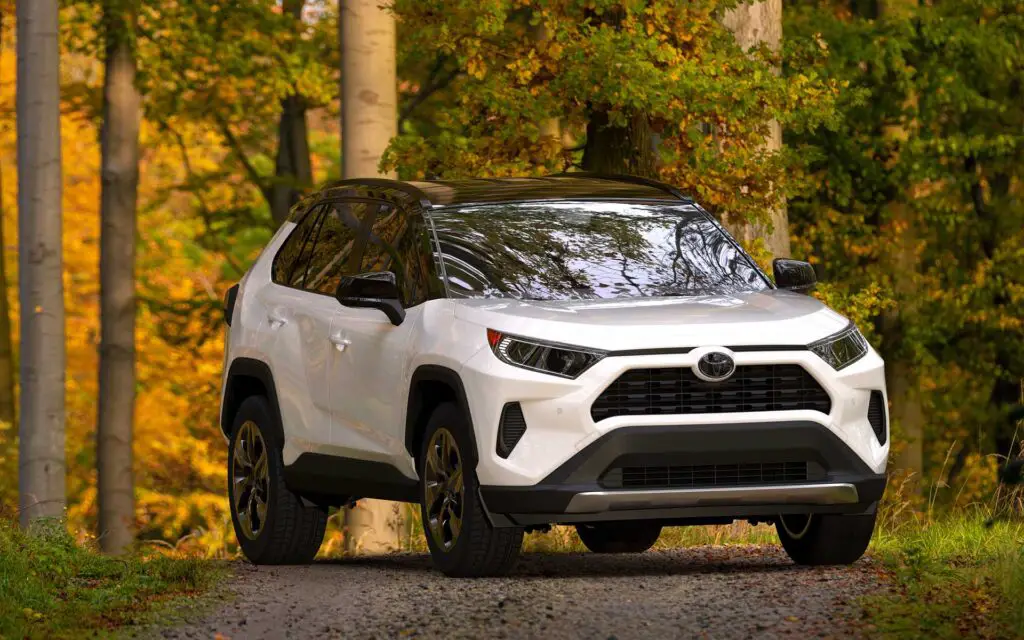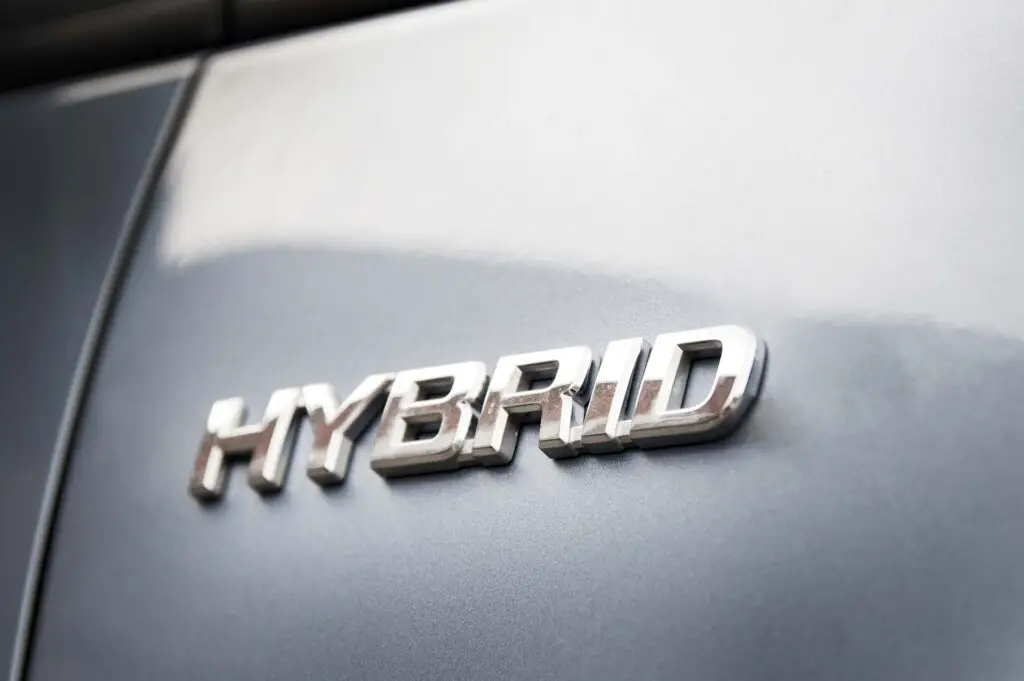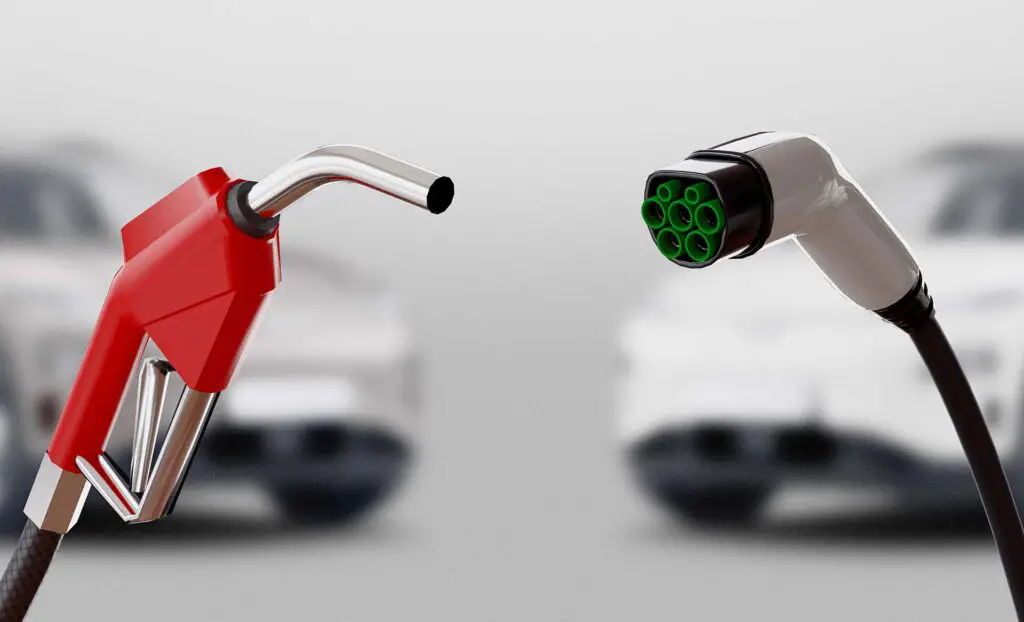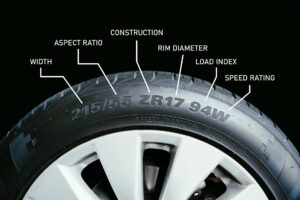If you’re on the hunt for the most fuel-efficient hybrids that can keep your wallet happy and your carbon footprint low, you’re in for a treat. These cars are changing the game, blending sleek design, cutting-edge tech, and jaw-dropping MPG numbers. Whether you’re a city commuter or planning epic road trips, there’s a hybrid out there ready to make every drop of fuel count. So buckle up as we dive into the best options that prove efficiency doesn’t mean compromising on style or performance!
Top fuel-efficient hybrids include the 2024 Toyota Prius (57 MPG), Hyundai Elantra Hybrid (54 MPG), Toyota Camry Hybrid (52 MPG), Kia Niro (53 MPG), and Honda Accord Hybrid (48 MPG). These cars deliver excellent mileage without compromising style or comfort.
Why Choose a Hybrid for Fuel Efficiency?
Hybrid cars have revolutionized how we think about fuel economy and sustainability. The most fuel-efficient hybrid car options provide an impressive combination of performance and mileage, proving you can save money at the pump while doing your part for the environment. With advanced technology and a commitment to efficiency, hybrids have become a top choice for drivers seeking value and reliability.
The Benefits of Hybrid Technology
Hybrid technology is a game-changer in the automotive world. These vehicles utilize a blend of electric motors and gasoline engines to deliver exceptional fuel-saving capabilities Not only do they cut down on emissions, but they also ensure a quieter, smoother ride. Perfect for daily commutes or long trips, hybrids strike the balance between innovation and practicality.
How Hybrids Save You Money
It’s no secret that a hybrid car saves fuel, but what does that mean for your wallet? With fewer stops at the gas station and lower maintenance costs, hybrids are built to keep expenses in check. So yes, hybrids use gas, but they use it far more sparingly than traditional cars.
Did you know that over five years, owning a hybrid can save up to $5,000 in fuel compared to a conventional car?
For example, a hybrid like the Toyota Prius averages around 57 MPG, compared to the 30 MPG of many standard gasoline vehicles. This means you could cut your fuel consumption by nearly half! Over a year of driving 15,000 miles, you might save over $700 on gas alone, depending on fuel prices. This efficiency ensures that every dollar spent on gas takes you further, all while reducing your environmental impact.

The Most Fuel-Efficient Hybrids on the Market
Hybrids offer a mix of fuel efficiency, reliability, and practicality, making them a fantastic choice for cost-conscious and eco-conscious drivers alike. Let’s break down the pros, cons, fuel consumption, and overall costs for some of the top models on the market.
Toyota Prius: The Efficiency Icon
The Toyota Prius has long been the benchmark for fuel efficiency, averaging an incredible 57 MPG. It’s powered by the most reliable Toyota engine, ensuring longevity and fewer mechanical issues. On average, driving 15,000 miles a year in a Prius could save you up to $800 on fuel compared to a standard car.
Did you know that the Toyota Prius, one of the most fuel-efficient hybrids, offers an impressive 57 MPG?
Regular maintenance costs, including the Toyota maintenance schedule, range from $150 to $250 for oil changes and inspections, making it an affordable long-term investment for those seeking unmatched efficiency.
Pros:
- Best-in-class fuel efficiency at 57 MPG.
- Durable and reliable engine for long-term use.
- Affordable maintenance costs.
Cons:
- Limited cargo space.
- Higher upfront cost compared to non-hybrids.
Hyundai Elantra Hybrid: Style Meets Savings
The Hyundai Elantra Hybrid is an appealing choice for drivers seeking both style and economy. With a fuel efficiency of 54 MPG, it offers a competitive edge against rivals like the Nissan Sentra. Fuel costs for 15,000 miles average around $700 annually, making it a cost-effective option. Maintenance expenses are moderate, with annual costs ranging from $300 to $400, slightly higher than traditional models due to hybrid-specific components.
Pros:
- Modern, stylish design.
- Competitive 54 MPG fuel efficiency.
- Affordable purchase price.
Cons:
- Battery durability concerns over time.
- Less rear seating space than competitors.
Toyota Camry Hybrid: Comfort with Great MPG
Combining comfort and efficiency, the Toyota Camry Hybrid delivers 52 MPG. With fuel savings of approximately $700 annually, it’s a practical choice for those wanting a spacious interior with reliable performance. Maintenance costs, including the Toyota 30k maintenance, average $200 to $400 per year, with more extensive servicing at milestone intervals costing closer to $500.
Pros:
- Comfortable ride and spacious interior.
- Reliable hybrid performance with 52 MPG.
- Durable and low-maintenance engine.
Cons:
- Higher initial cost.
- Heavier maintenance costs at certain intervals.
Kia Niro: Compact and Efficient SUV
The Kia Niro is a hybrid SUV that combines compact convenience with solid efficiency, averaging 53 MPG. Ideal for city drivers, it saves approximately $750 annually on fuel for a 15,000-mile year. Maintenance costs are reasonable for its class, ranging from $300 to $450 per year, making it a cost-effective hybrid SUV option for urban families.
Pros:
- Compact size with excellent 53 MPG fuel efficiency.
- Affordable maintenance costs.
- Perfect for city driving.
Cons:
- Limited towing capacity.
- Resale value trails behind Toyota and Honda hybrids.
Honda Accord Hybrid: Performance and Economy
The Honda Accord Hybrid offers a balanced mix of power and efficiency, averaging 48 MPG. While its fuel savings are slightly lower than competitors, it still cuts gas costs by $600 annually for a 15,000-mile year. Maintenance is straightforward, costing $250 to $400 annually, which supports Honda’s reputation in debates like who makes the best engine: Honda or Toyota. For drivers seeking a spacious hybrid with a performance edge, the Accord Hybrid is an excellent choice.
Pros:
- Smooth performance with 48 MPG.
- Spacious interior and advanced features.
- Competitive maintenance costs.
Cons:
- Lower MPG compared to top hybrids.
- No AWD option is available.

Factors to Consider When Choosing a Hybrid
Choosing the right hybrid isn’t just about fuel efficiency. It’s about finding a car that suits your driving habits, meets your long-term needs, and fits within your budget. Let’s explore the key factors to consider when selecting the best fuel-economy hybrid car.
Did you know that Hybrid batteries typically last 100,000–150,000 miles or more?
Driving Needs and Vehicle Size
Your driving habits and lifestyle should play a significant role in deciding which hybrid to choose. If you’re primarily a city driver, a compact option like the Kia Niro, with its 53 MPG, is perfect for navigating tight spaces while saving on fuel. For families or long road trips, the Toyota Camry Hybrid offers more interior space and comfort without sacrificing fuel efficiency.
Between Honda CR-V Hybrid vs. Toyota RAV4 Hybrid, both provide excellent options for those needing an SUV, but the Toyota RAV4’s long-standing reputation for reliability and efficiency might make it more appealing. Keep in mind the size of the car you need and whether a compact or full-sized vehicle fits your daily routine better.
Fuel Economy vs. Performance Balance
Hybrids offer a range of options to balance fuel economy and performance. The Toyota Prius sets the standard, often recognized as the answer to which hybrid car is most fuel-efficient, thanks to its remarkable 57 MPG.
However, for drivers who prioritize a mix of performance and efficiency, models like the Honda Accord Hybrid provide a compelling alternative with its smooth drive and 48 MPG rating. Additionally, the Toyota Camry Hybrid delivers a well-rounded performance with its 52 MPG, striking a balance between efficiency and comfort.
Long-Term Maintenance and Costs
Hybrids are known for being economical, but long-term costs like maintenance should not be overlooked. For example, the easiest car to maintain might be the Toyota Prius, given its reliable engine and affordable servicing costs under the Toyota maintenance schedule. Expect to pay between $150 and $250 for regular oil changes and inspections.
Another key consideration is the overall durability of the hybrid components, including the battery and transmission. Models like the Toyota Camry Hybrid and Hyundai Elantra Hybrid are designed with longevity in mind, offering cost-effective upkeep without frequent repairs. These hybrids demonstrate that choosing the right car can lead to significant savings over the years, both at the pump and in the garage.
When considering which hybrid car has the longest range, the Toyota Prius leads the pack, making it a smart long-term investment for those who value fewer stops at the gas station. Meanwhile, the Kia Niro offers affordable maintenance paired with excellent city-driving capabilities.

Tips for Maximizing Hybrid Fuel Efficiency
Getting the most out of your hybrid involves more than just driving, it’s about understanding how to optimize every aspect of your car’s performance. From routine maintenance to smart driving habits, these tips can help you maximize fuel efficiency and keep your hybrid running smoothly.
Driving Habits That Make a Difference
Your driving style has a significant impact on fuel efficiency. Smooth acceleration and braking reduce the strain on your hybrid’s engine and battery, improving overall mileage. Using cruise control on highways helps maintain a consistent speed, which is more efficient than frequent speeding up and slowing down. Avoid carrying unnecessary weight in your car, as this can lower fuel economy. For short trips, try combining errands into one drive to avoid cold starts, which consume more fuel.
Regular Maintenance for Optimal Performance
Keeping up with regular maintenance is key to maintaining your hybrid’s efficiency. Oil changes are essential to reduce engine wear and improve fuel economy. Use the manufacturer-recommended oil grade to ensure optimal performance. Don’t overlook coolant and antifreeze levels, as these fluids regulate engine temperature and prevent overheating, which can harm fuel efficiency.
In addition to fluid checks, inspect your tires regularly to ensure they’re properly inflated—low tire pressure can significantly reduce mileage. Schedule routine checkups for all car parts, including the brakes, transmission, and hybrid battery, to catch any potential issues before they affect efficiency. A well-maintained hybrid is not only more reliable but also saves you money in the long run.
Choosing the Right Hybrid for Your Lifestyle
Maximizing efficiency starts with choosing a hybrid that aligns with your needs. If most of your driving is in the city, look for a compact hybrid designed for stop-and-go traffic, where regenerative braking can recharge the battery efficiently. For longer commutes, a model with better highway mileage and a comfortable ride is a better fit.
Consider additional features like eco-driving modes, which adjust the car’s performance to prioritize efficiency and ensure the hybrid you choose matches your typical driving patterns. Investing in a model tailored to your lifestyle ensures you’re getting the best possible fuel economy and value.

Driving Smarter with Your Hybrid
Hybrids are a fantastic choice for anyone looking to save on fuel costs while reducing their environmental impact. By adopting efficient driving habits, keeping up with regular maintenance like oil changes and coolant checks, and selecting the right hybrid for your needs, you can maximize both performance and savings. Whether you’re commuting in the city or hitting the highway, your hybrid has the potential to deliver impressive efficiency and reliability. Take care of it, and it will take care of you for years to come!








